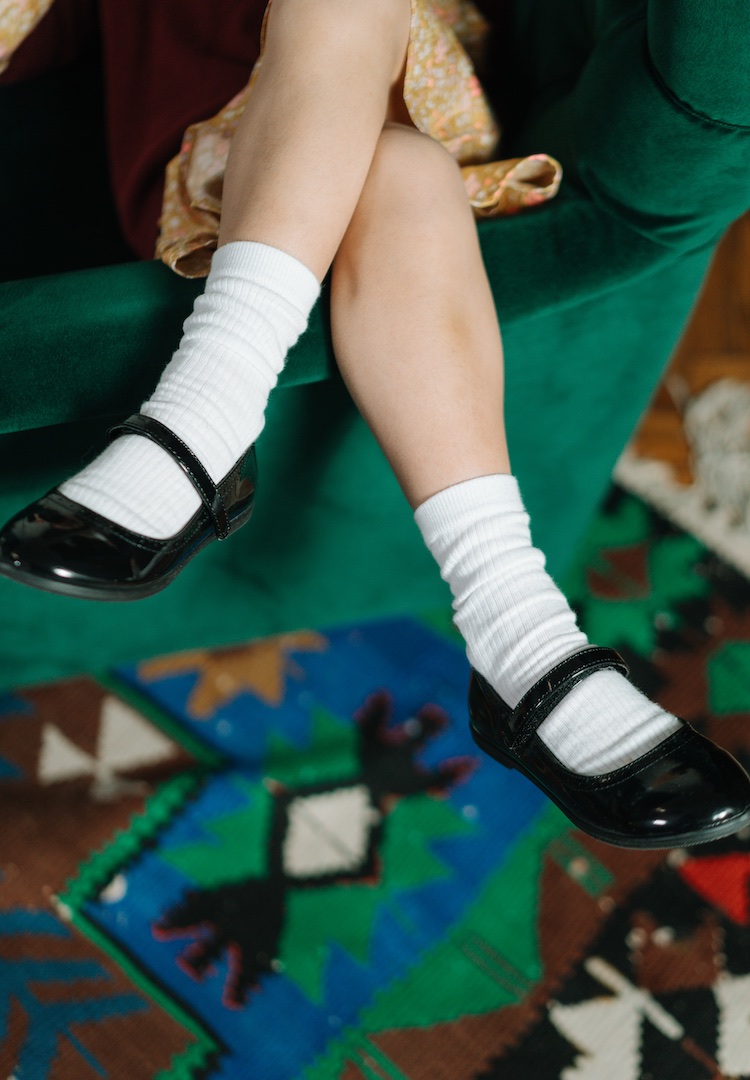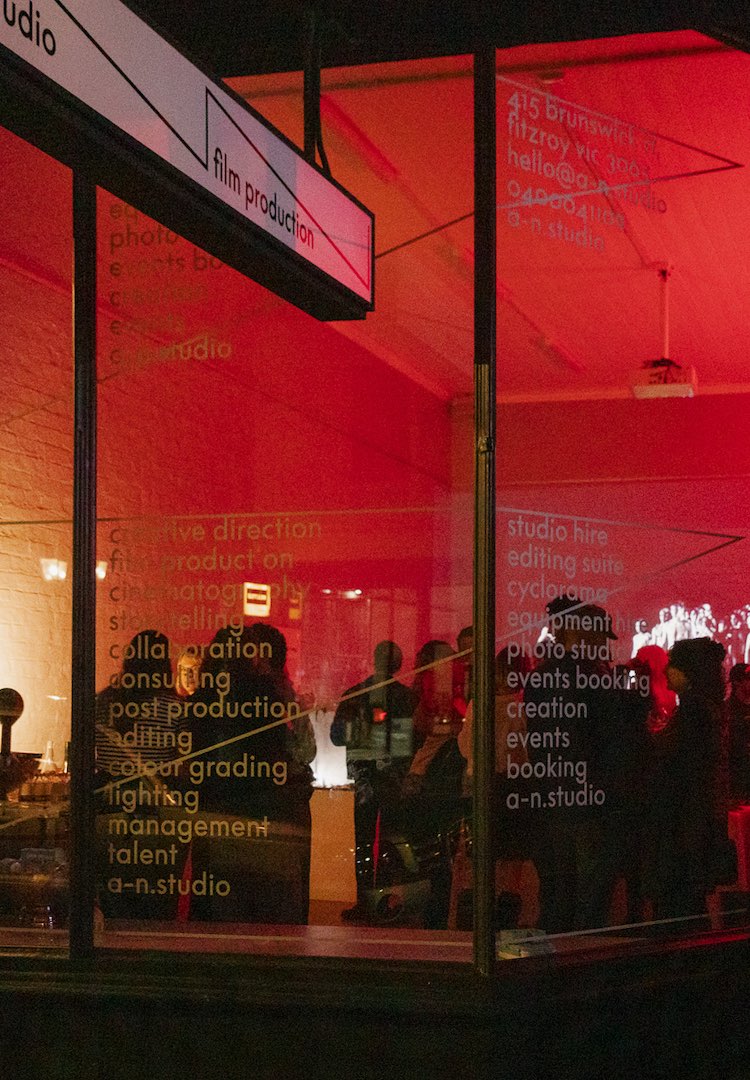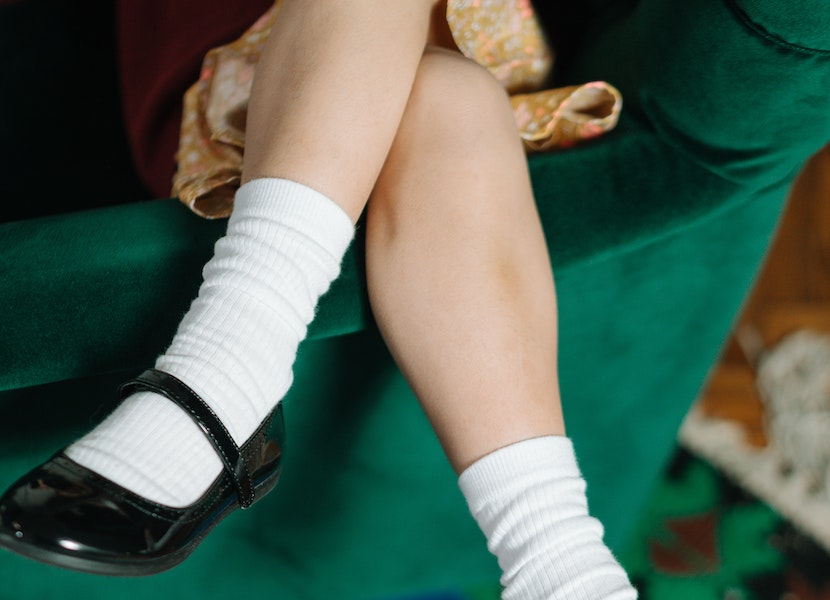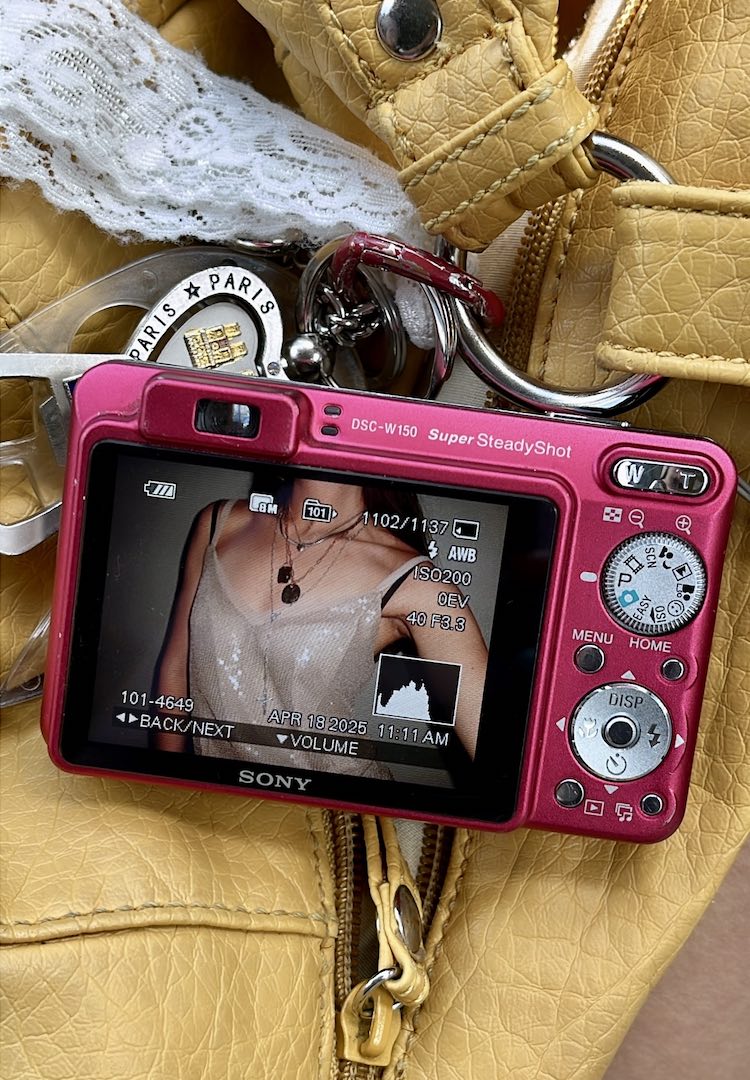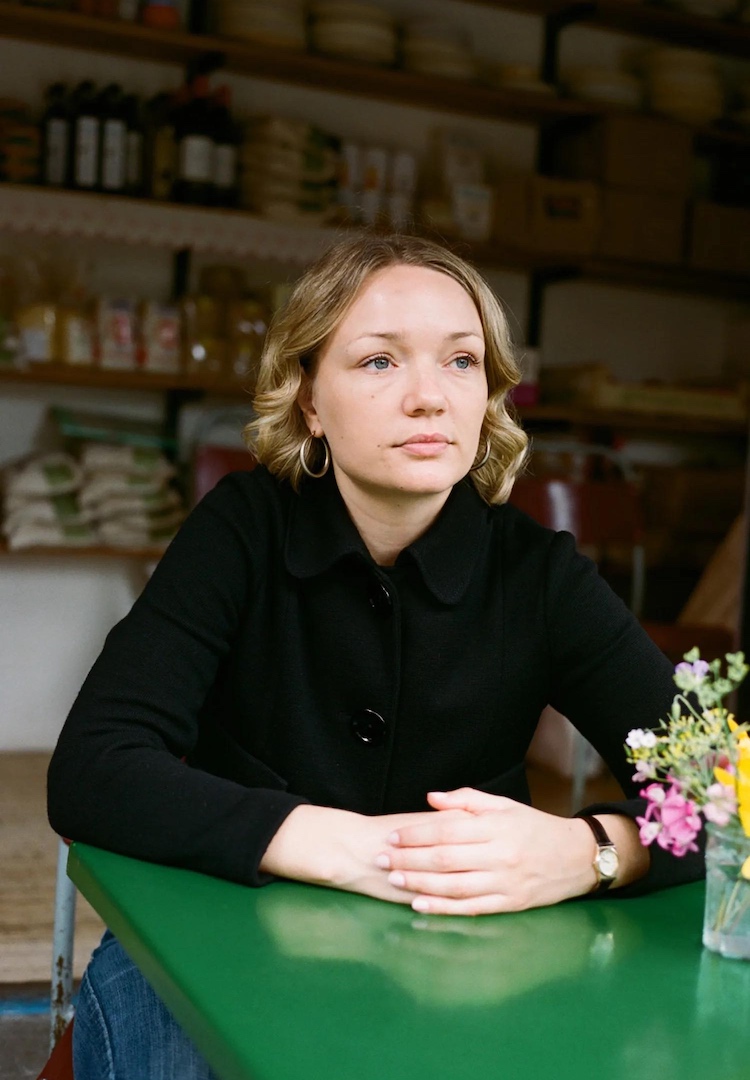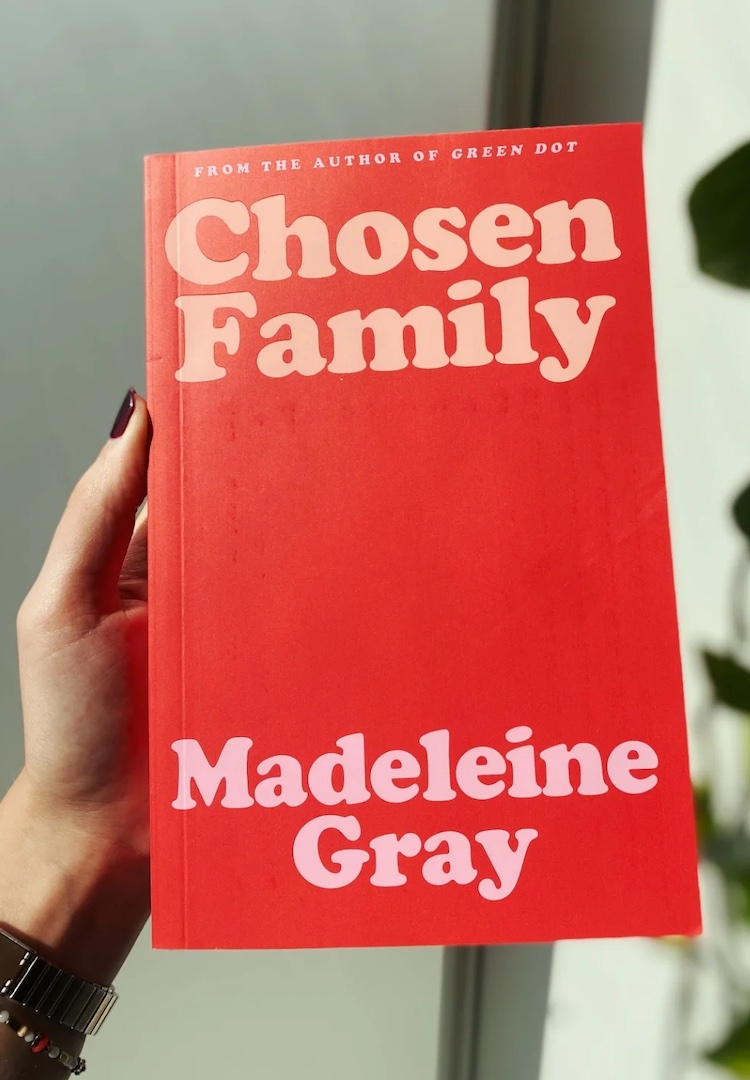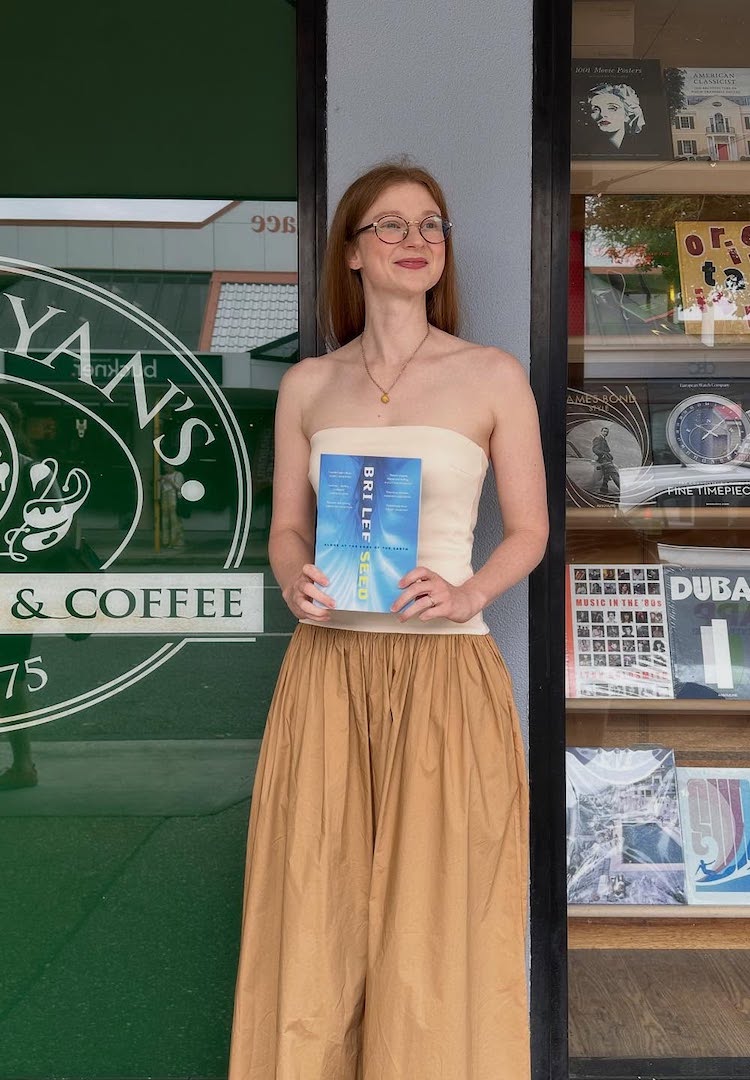“A nice disabled girl wouldn’t tell you all this”: An excerpt from Hannah Diviney’s debut book, ‘I’ll Let Myself In’
WORDS BY HANNAH DIVINEY
“A nice disabled girl – one who plays her part to perfection – is supposed to be meek, mild, quiet, hardly there. Yet also cute. Non-threatening. Inspirational. Sweet. Smiley.”
“Hey, do you ever get freaky in that wheelchair? Hey ‘Sarah’ [the name of my character in Latecomers] I’ll take you on a real date. Just a lonely man looking for some female company from a gorgeous thing like you!”
These days, men comment fearlessly on my body, my brain, my sex appeal and even whether or not I deserve to live or die. Some men treat the internet as though it is their own personal Salem, and they are the arbiters of modern-day witch trials, deciding which of us deserve to burn.
Looking for more thought-provoking lifestyle content? Head to our Life section.
While my first reaction is reflexive disgust, the second is a morbid sort of curiosity. What makes men send these messages? Who taught them that was okay? It’s always struck me as insidious that from the moment we are born and declared a boy or a girl, we are handed a script. What colours we should like. What games we should enjoy. What futures we should plan and what roles we should play.
Except there’s one problem: I grew up disabled. And for women like me, even the default narrative for women and girls – love, marriage and babies – makes people uncomfortable. I’m not supposed to have it. If I do, something perverse is happening, or else the man involved is a hero, sacrificing all the other choices he could have made to do ‘the good thing’ and be with me instead.
The narratives I was handed as a disabled person were narrow and confusing, much like all the other narratives women and girls are forced to read/swallow/speak/scroll through. But what if I didn’t want either of these paths, or if I didn’t fit them? So many people assume I was in an accident, or that I have a temporary injury, or that all I need to do to ‘get better’ is pray harder or work harder or try this therapy or take that miracle cure. Who was I then? If people couldn’t even value me for the future wife and mother I’d grow into, did I matter?
The mental push and pull between my disabled identity and womanhood meant I learned to live in a far more unsafe space than the average girl – for instance, accepting that I might never be desired or loved, but also that I am three times more likely than my sisters to be sexually assaulted. Existing at this intersection has caused me a level of tension I can barely put into words.
It’s splintered and shattered every possible picture I’ve held in my mind about myself, based on the feedback the world gives me. Be quiet. Disappear. Inspire us. Women’s bodies are for our consumption. No, not yours. If we can’t consume you, we don’t want you. You’re not woman enough. You’re too much. It’s only in the last couple of years – in the time since I decided to build my own identity from scratch – that I’ve been able to put words to these parts of myself.
A nice disabled girl wouldn’t tell you all this. A nice disabled girl – one who plays her part to perfection – is supposed to be meek, mild, quiet, hardly there. Yet also cute. Non-threatening. Inspirational. Sweet. Smiley. This nice, polite disabled girl, she’d probably also leave out the parts about her relationship with her body being very complicated and messy.
The kind that makes her afraid of gaining weight because that will make it harder for her to move, for people to help, not to mention be more uncomfortable. People stare enough as it is. She wouldn’t go a step further and explain how this gave her a complicated relationship with food, it’s something she’s never talked about. That she learned to tame her childhood hunger and distance herself from those family nicknames of ‘Fang’ and ‘Hollow Legs’ because they made her self-conscious.
Girls shouldn’t eat that much. They should be graceful eaters. It’s not polite to ask for seconds. That although she never starved herself – her body burned too much energy for that, and without food she literally can’t function; not to mention that it’s pretty impossible to not eat when you need other people’s help to prepare food. Sometimes she withholds food until she’s been ‘productive enough’, she’s kept a list in her head of everything she eats for as long as she can remember, and constantly berates herself for what she eats or how much.
A nice disabled girl wouldn’t name the anger that still courses through her veins when she looks in the mirror at a body that society says is broken or worth fundamentally less for the scars that mark it. She doesn’t have curves in all the right places, no arse to be stared at, boobs that are too small. Her hatred for shopping stems from the bile that rises in her throat every time she looks at a glossy fashion magazine and knows the clothes wouldn’t look like that on her. Bet you didn’t know she still has to fight this feeling every time she buys clothes or sits in front of a camera.
She wouldn’t ever say how much it bothers her that her body will never be admired or desired, and how strange that is when other women she knows hate it happening to them. That being catcalled is problematic and gross, yet there’s something to be said for the small flash of validation there is in knowing people notice you. That they ‘like what they see’ enough to comment on it. Ah, the messiness of internalised misogyny and female competitiveness. We’ll eradicate it eventually.
But there’s a difference between objectification and admiration. Between decent desire and rancid fetishisation. I’m not entirely qualified to comment on the difference, or on the nuances of the male gaze, but here’s my working distinction (which may change) between the two.
Objectification and fetishisation are about a woman’s body and her aesthetic. They erase her identity and agency, and see her as nothing but a body to be used in service of male pleasure. Because, let’s face it, female pleasure doesn’t exactly occupy a high spot on most people’s list of priorities.
Admiration and decent desire, on the other hand, are not exclusively about sex. They see a woman as a whole person: she is loved and admired for her brain, for her laugh, for the sparks that light her up inside. Of course, there’s admiration for her body too, but inherent in that admiration is the need to make her feel good.
The need to let her know that, no matter what, her body is a pretty amazing vessel because it keeps her alive and able to be your partner. But let’s not get it twisted. She is a whole person on her own, a fully-fledged, flawed and fabulous human being. She doesn’t need completing or to find her other half. She’s enough just as she is. She’s looking for a teammate, someone who will share the load, not add to it.
Why do you think the nice disabled girl is not on a dating app, preferring to find romance the ‘old-fashioned’ way? She’d never say she knows people are only looking at her to be clinical, or to stare. A nice disabled girl wouldn’t tell you about the hands that find her body without consent, that think nothing of touching her shoulders, her back, praying over her head. About the fear that grips her throat every time a drunk stranger gets too close or tries to be too friendly.
Thankfully, I stopped being a nice disabled girl a long time ago (thanks to Mum, my sisters in the disabled community and other women I admire for the help). These days, I’m mouthy, sarcastic, unfiltered, happy to speak truth to power. Among those who know me, I’m the one who will always tell it how it is. I’m still warm, polite (within reason) and learning to feel positivity for my body and brain, but I’m also unafraid to get political, to have ambition and to fling open all my closets of insecurity and do my bit to dispel the shame.
I want to look harder at the bullshit narratives that my girlhood was built on, and force you to look at them too, which is why I’m letting you in on an intrusive thought spiral I’ve had since committing to write this book. Will my work be taken seriously? Will it be dismissed as the ramblings of an idealistic young woman? Will people market it and consider it as a feminist work? I hope so. But what happens if they do?
What if I get attacked because I’m daring to be a woman with a voice? What if I’ve been too honest, or too personal? What if people decide they don’t actually care and never want to read my words again? Would I be having any of these thoughts if I was a man? Probably not.
Knowing that makes me mad, makes me upset with myself for believing what the patriarchy has taught me, even though logically I know better. It makes me abhor the conditioning I’ve been baked in, but it doesn’t stop the thoughts. I think that’s the worst part, that even when I am able to pull myself up on my internalised misogyny, it only ever turns the volume down temporarily. I’m still searching for the off switch, but I’m honestly starting to think maybe my best bet for finding it is burning the whole thing down.
I don’t quite know how to do that yet, I’m still learning to play with my inner fire but I’m determined to figure it out. Not just for myself but for my sisters, my friends, the young girls and their parents who fill my DMs. It’s about all the little girls I know who are still running around with the wild unselfconsciousness of not having been given the narrative yet. It’s for the future daughters I hope to have one day.
This is an edited extract from I’ll Let Myself In: Breaking Down Doors, Claiming Space and Finding Your Wheels by Hannah Diviney, Allen and Unwin. Purchase a copy here.


